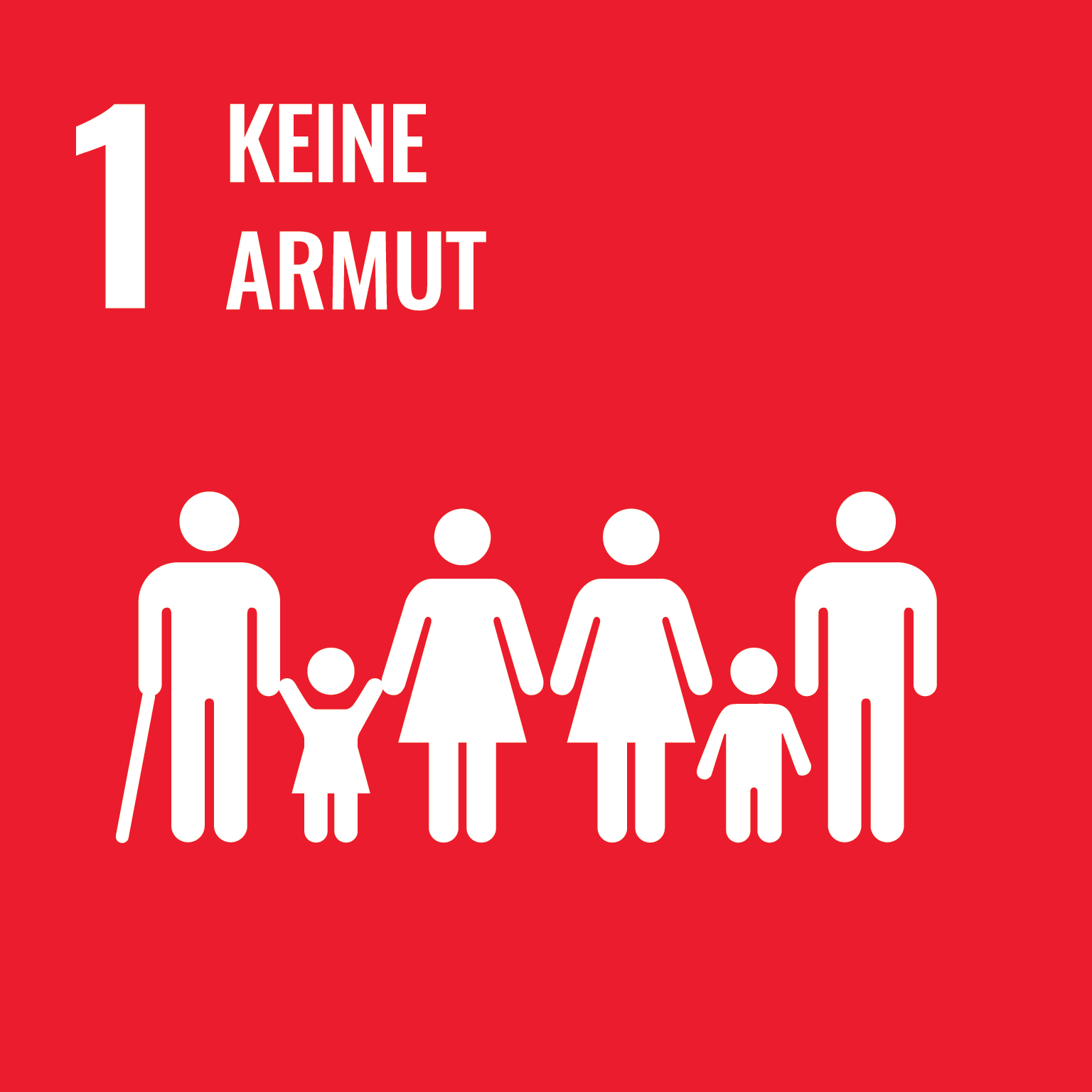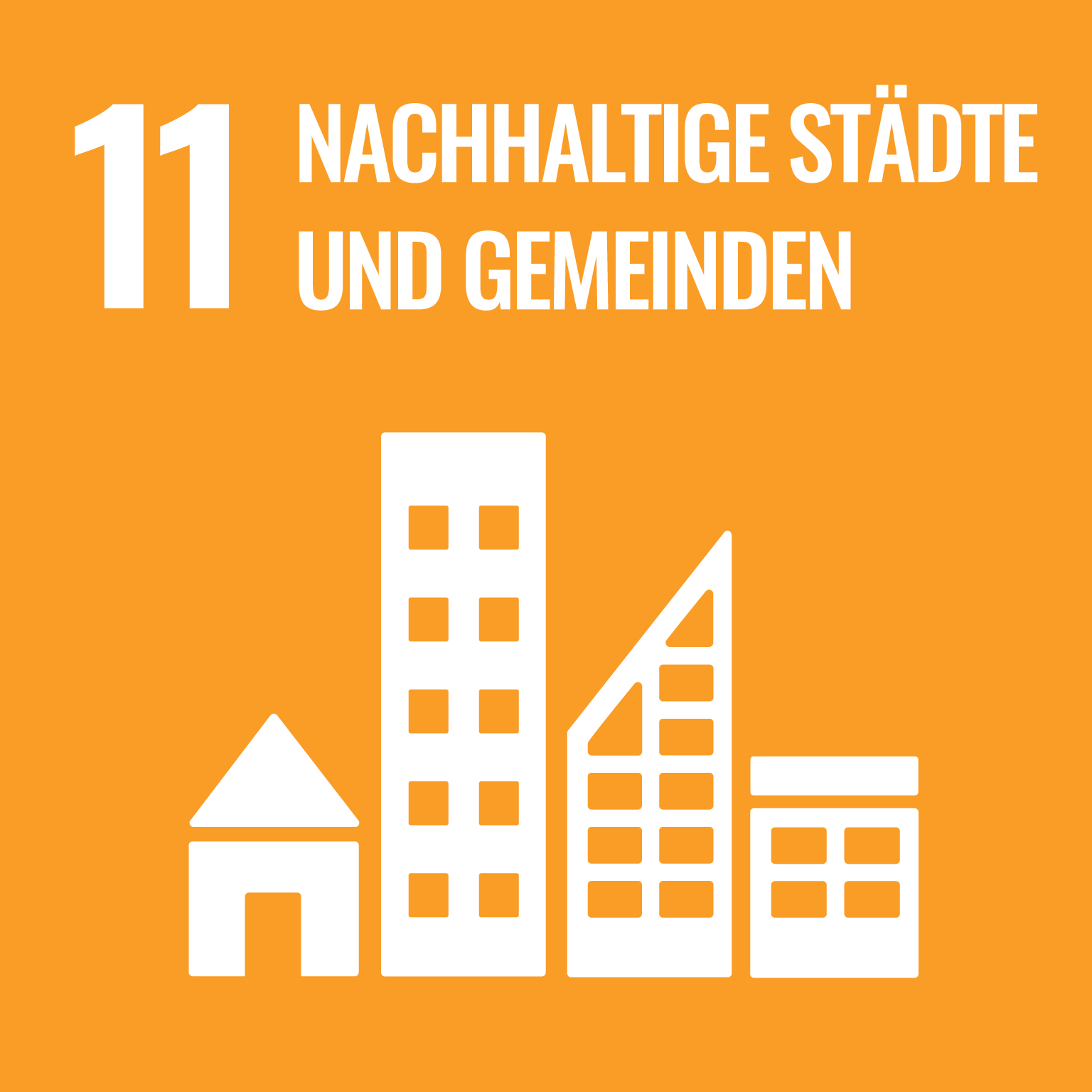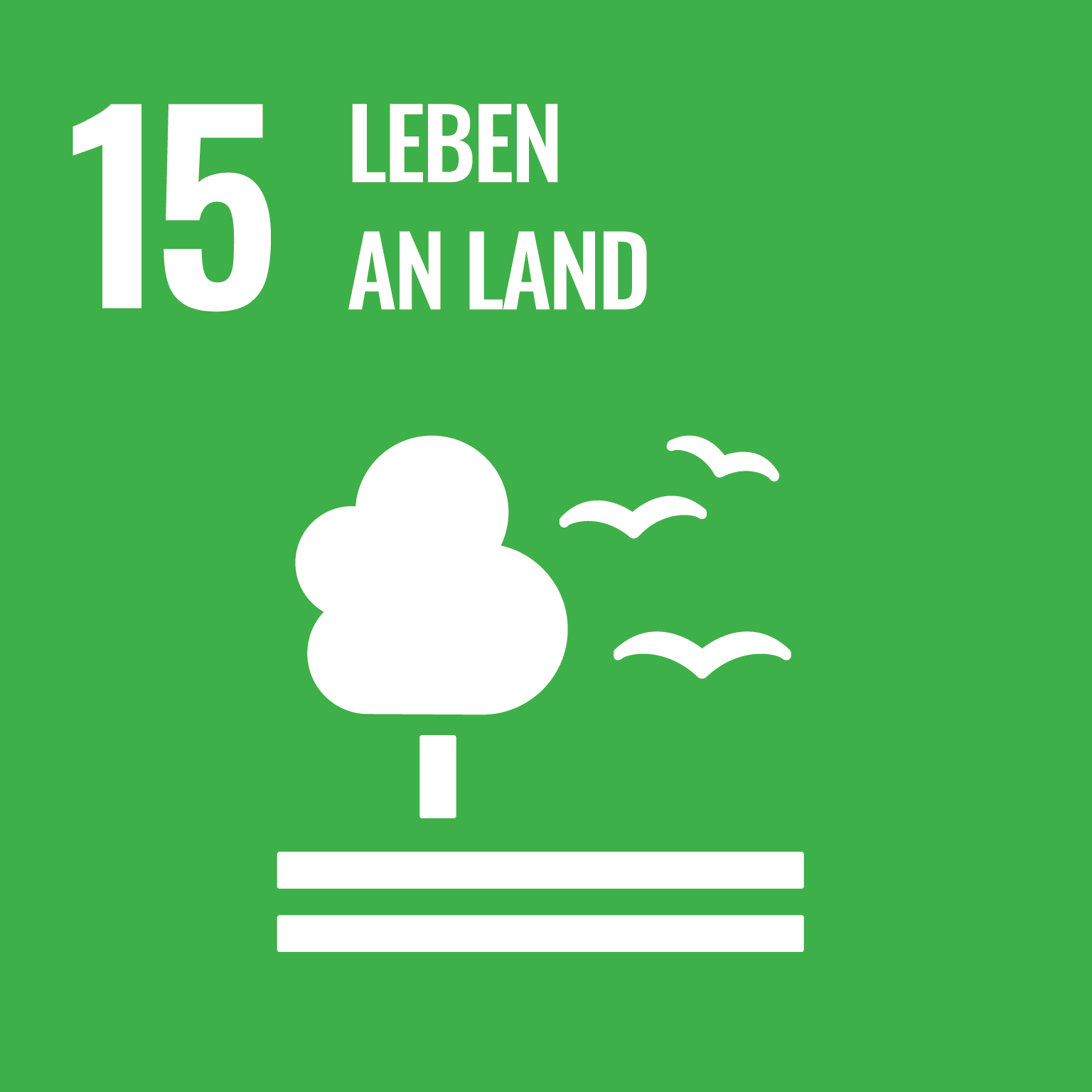SDG Law Tracker - Which laws does the German government implement?
Make cities and human settlements inclusive, safe, resilient and sustainable
Our proposals
Does the government plan to implement them?
What is the status?
-
The accessibility of buildings and places as well as the personal mobility of people with disabilities are among the central prerequisites for self-determined and equal participation. This includes, for example, barrier-free local public transport, long-distance transport, local driving services and the comprehensive barrier-free design of public space, including in the cultural sector, recreation, leisure and sport. The mobility of people with disabilities must be publicly promoted. This applies not only to the professional environment, but also to participation in society/community. Public space and means of transport must be comprehensively converted to be barrier-free. Private legal entities that provide facilities and services for the public must be obliged by law to ensure accessibility. The establishment and maintenance of transport services (in rural areas) should be publicly funded. An example of such a law can be found in Austria. With the Disability Equality Act passed in 2016, there is now a legal obligation for private sector companies to provide accessibility when they offer goods or services to the public. In Germany, too, a Barrier-Free Act (Barrierefreiheitsstärkungsgesetz, BFSG) was passed in May 2021 to ensure accessibility standards for products and services. However, civil society representatives criticise that the law only fulfils the minimum requirements of the European Accessibility Directive and demand that the regulations must go further
For further reading and discussion:
https://www.vdk.de/deutscher-behindertenrat/mime/00094417D1460614958.pdf
https://www.bundestag.de/resource/blob/581062/88c05132989c1c6f3f1ff82770d9573e/WD-6-102-18-pdf-data.pdf
https://www.der-paritaetische.de/fachinfo/bundestag-beschliesst-barrierefreiheitsstaerkunsgesetz/
≈
-
With the amendment to the Building Act presented in November 2020, the focus on affordable housing has been set in a welcome way. But the amendment does not meet the requirements of sustainable and equitable settlement development. The land available to us is limited, but this bill will favour the take-up of more land. Section 13b of the Building Code (BauGB) is particularly problematic, as it promotes accelerated and uncontrolled land consumption. The protection of urban nature, an economical use of the non-replicable resource of land and an integrated approach to urban green infrastructure play only a subordinate role in the current draft bill. In particular, the reintroduction of section 13b, as planned in the draft, increases land consumption: a recent study by the Federal Environment Agency shows that procedures based on section 13b BauGB particularly increase the new use of open spaces close to settlements. Smaller, often rural municipalities with limited personnel capacities in the administration in particular use the procedure according to § 13b, because it is seen as a simplification of procedural and material requirements. In the process, the creation of low-cost housing is missed out: via § 13b, mainly small-scale building projects, i.e. detached or semi-detached houses, are planned. The housing thus created is small, especially not low-cost, and does not contribute to alleviating the housing shortage. There is a need for a common good oriented land policy that balances affordable housing and the preservation of green infrastructure in settlement areas. Double internal development within cities is more important than new construction on greenfield sites. Section 13b BauGB must be deleted.
For further reading and discussion:
https://www.bund.net/service/presse/pressemitteilungen/detail/news/baurecht-flaechenverbrauch-reduzieren-gruenflaechen-erhalten-bund-warnt-vor-falscher-weichenstellung-durch-festhalten-an-13b-in-der-baugesetz-novelle/
https://www.umweltbundesamt.de/publikationen/qualitative-stichprobenuntersuchung-zur-kommunalen
-
-
Various measures to reduce bureaucracy have severely limited the municipalities' ability to control deconstruction measures. Selective deconstruction enables the reuse of valuable raw materials contained in many structures. The (re-)introduction of a notification and authorisation obligation for deconstruction measures and obligatory training measures for deconstruction companies can contribute to better recycling. Corresponding control obligations must be laid down in the Closed Substance Cycle Waste Management Act (KrWG).
For further reading and discussion:
https://www.umweltbundesamt.de/sites/default/files/medien/5750/publikationen/2021_01_11_texte_05-2021_bauprodukte_recycling.pdf
-
-
Air pollution remains one of the biggest environmental problems in Europe. Despite Europe-wide limits for harmful air pollutants such as nitrogen dioxide (NO2) or particulate matter (PM10 and PM2.5) and the right to clean air, we still have around 63,000 premature deaths due to particulate matter pollution and almost 10,000 due to excessive NO2 levels (EEA 2020). Air pollution not only affects the health of citizens, but also damages our environment and the climate. To protect health, nature and the climate, the federal and state governments must ensure that effective measures are implemented to ensure compliance with applicable air quality limits and to implement binding emission reduction targets. In this context, attention must also be paid to adapting clean air plans to the respective current status of emission factors, especially for road traffic. The year 2020 has shown a reduction in air pollution due to the pandemic-related restrictions. It will be important to ensure this relief in the long term through effective measures in the transport sector - the keyword being a change in transport - but also with regard to wood combustion and agriculture. Increasingly, studies point to the fact that high levels of health damage occur even below the EU-wide limit values. It is therefore necessary to adapt legislation to the recommendations of the World Health Organisation.
For further reading and discussion:
https://www.duh.de/themen/luftqualitaet/
≈
-
In order to limit the rapidly rising rents in Berlin, a new Berlin state law came into force in February 2020, the Gesetz zur Neuregelung gesetzlicher Vorschriften zur Mietbegrenzung or "rent cap" for short. This froze all private rents that had been effectively agreed on 18 June 2019 for the next five years. Furthermore, the law also restricted the possibilities for rent increases after modernisation and set rent ceilings for new leases. Citizens were also entitled to a reduction if the rent they had to pay was more than 20 per cent above the rent cap. On 15 April 2021, the Federal Constitutional Court declared Berlin's rent cap unconstitutional on the grounds that the regulations on rent levels for privately financed housing fall within the scope of concurrent legislative competence. Accordingly, the Länder were only authorised to legislate as long as and to the extent that the federal government had not made final use of its legislative competence (Article 70, Article 72 (1) of the Basic Law). In the judges' view, however, the federal legislature had conclusively regulated precisely this with the provisions in §§ 556 to 561 BGB. However, the Federal Constitutional Court did not decide that statutory rent cap provisions were not possible. In order to make affordable housing possible for all, a federal law to limit rents is now needed. Such a regulation is in the interest of 68.9% of people who do not own a property and even in the interest of 50.9% of property owners*, according to a representative poll conducted by the opinion research institute Civey in April 2021.
For further reading and discussion:
https://www.berliner-mieterverein.de/mietendeckel.htm
https://www.mieterschutzbund-berlin.de/news-lesen/items/Mietendeckel_verfassungswidrig.html
-
-
To promote climate-friendly inner-city development, appropriate greening and design of building plots must be ensured. Mandatory qualified open space design plans are an important instrument for this. They integrate all environmental and nature conservation requirements as well as requirements of the fire brigade, accessibility, rainwater management and playground supply, etc. for a building project in a coherent overall concept and thus enable a holistic view of building projects. They are the prerequisite for the concrete realisation of high-quality urban green spaces as well as insect protection in the urban or peri-urban cultural landscape. Cities such as Munich, Nuremberg or Münster have long been working successfully with municipal bylaws that prescribe open space design plans. Passing a law at the federal level that makes qualified open space design plans mandatory would ensure nationwide that cities develop in a climate-friendly way.
For further reading and discussion:
https://www.bdla.de/landesverbaende/berlin-brandenburg/nachrichten/1203-positionspapier-freiflaechenplan
https://aoew.de/wp-content/uploads/Positionspapier_Klimafolgenanpassung_final-Einzelseiten.pdf
-
-
As the first mobility law nationwide, the mobility law in Berlin of 2018 legally stipulates that the environmental alliance of public transport, pedestrians and cyclists must be given priority over private motorised transport in the future. The law aims to significantly increase the share of environmental transport in the modal split, for example by expanding the bicycle infrastructure and public transport. In addition, car traffic is to become more city-friendly. A problem in the creation of the law was the uneven inclusion of all relevant stakeholders. In particular, cycling and walking should not be played off against each other.
For further reading and discussion:
https://gesetze.berlin.de/bsbe/?aiz=1&docId=jlr-MobGBErahmen&query=JURISLINK%3A%22MobG+BE%22























